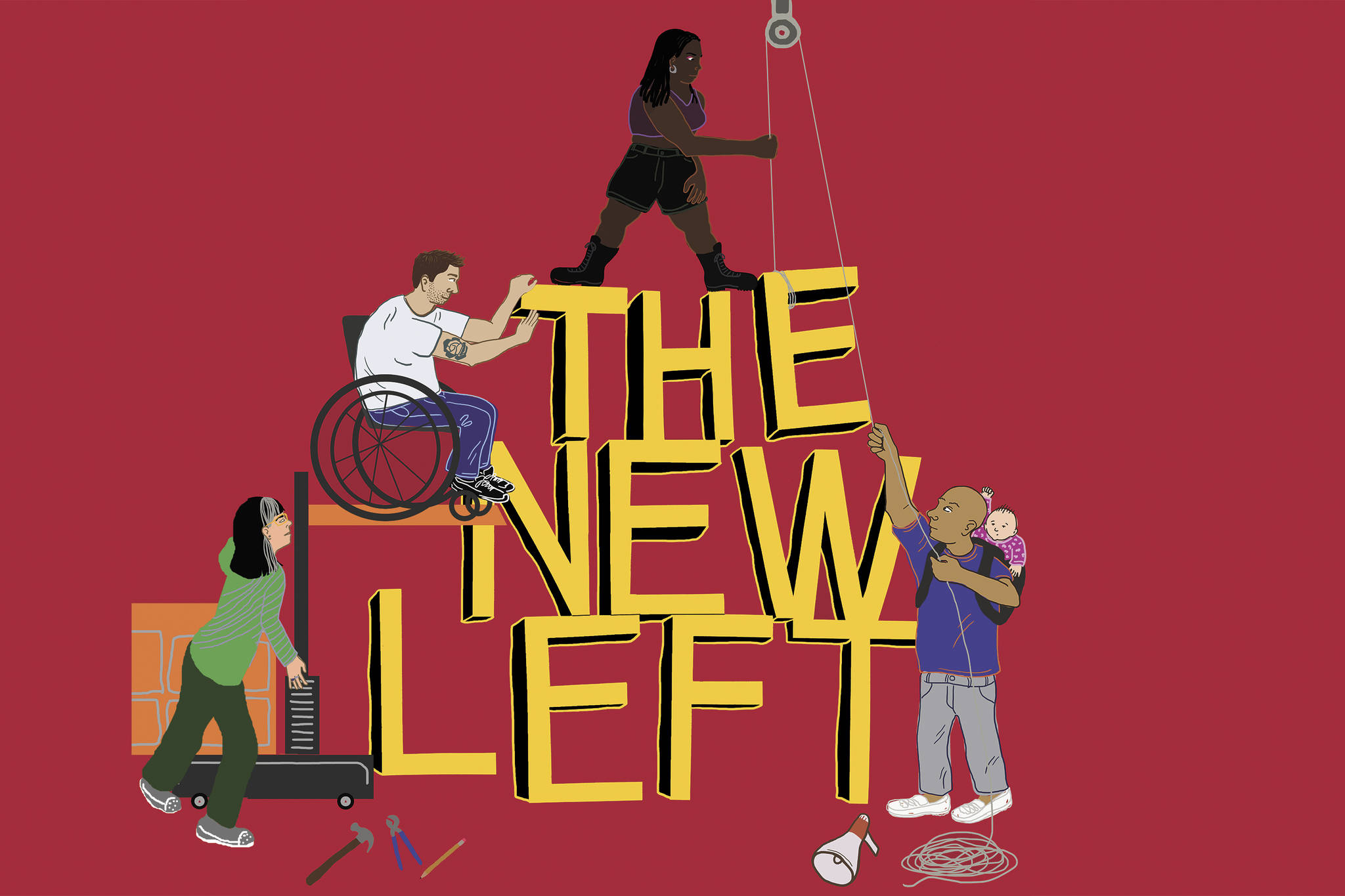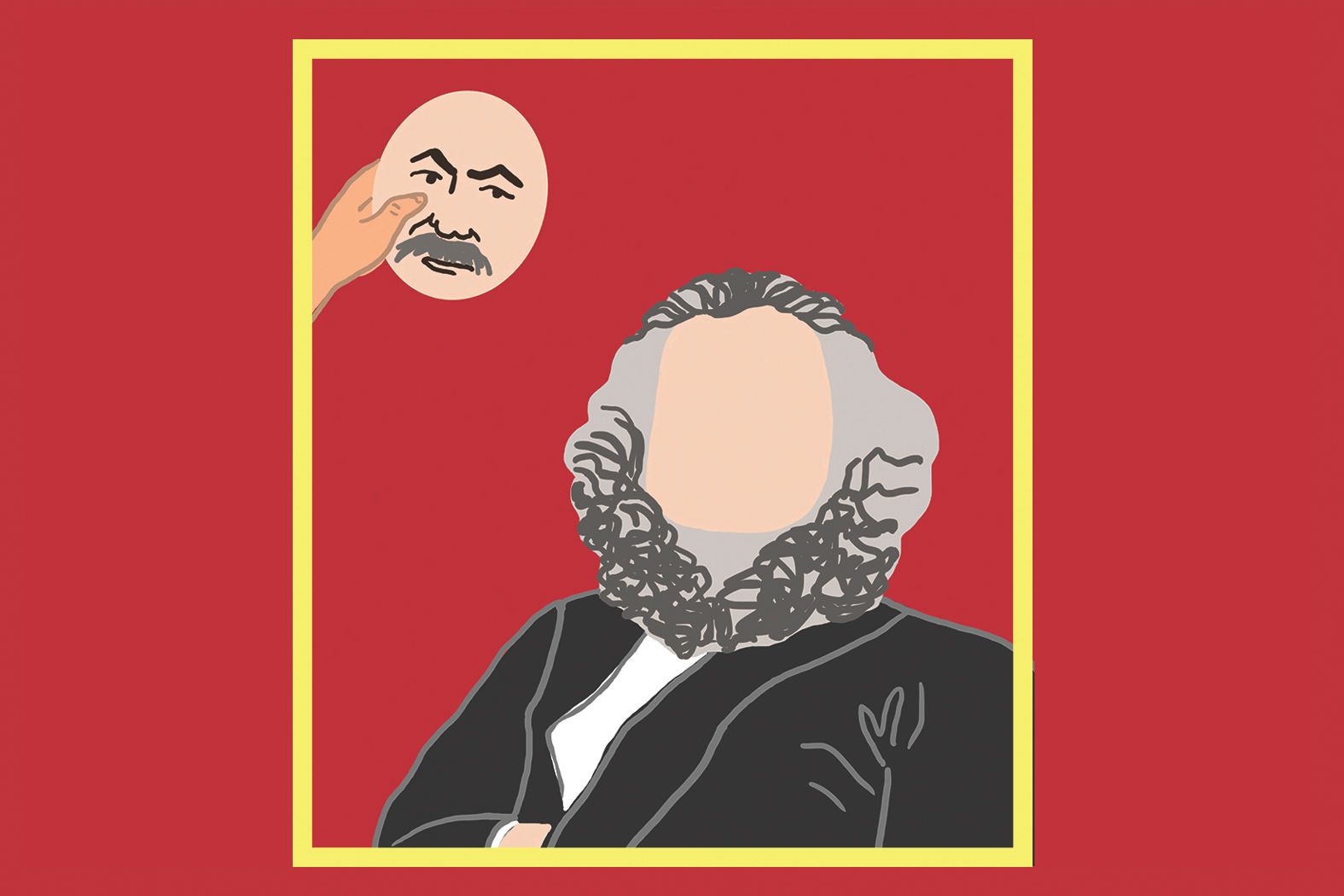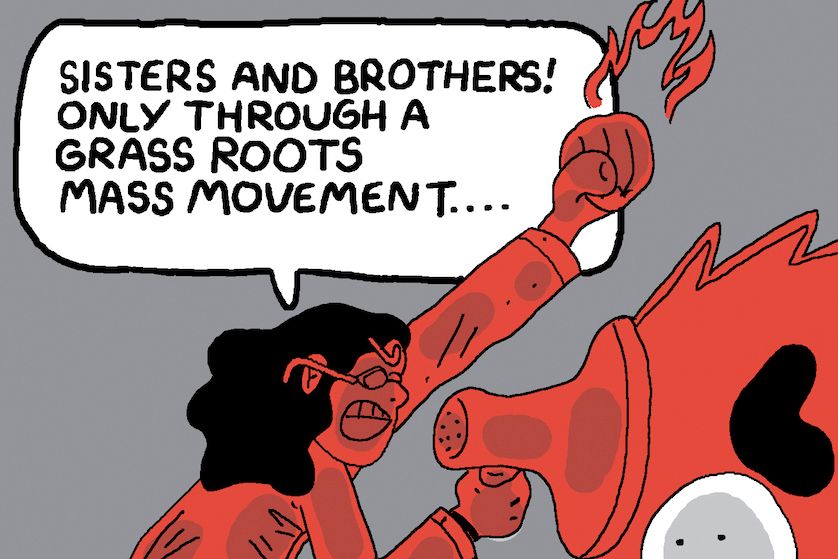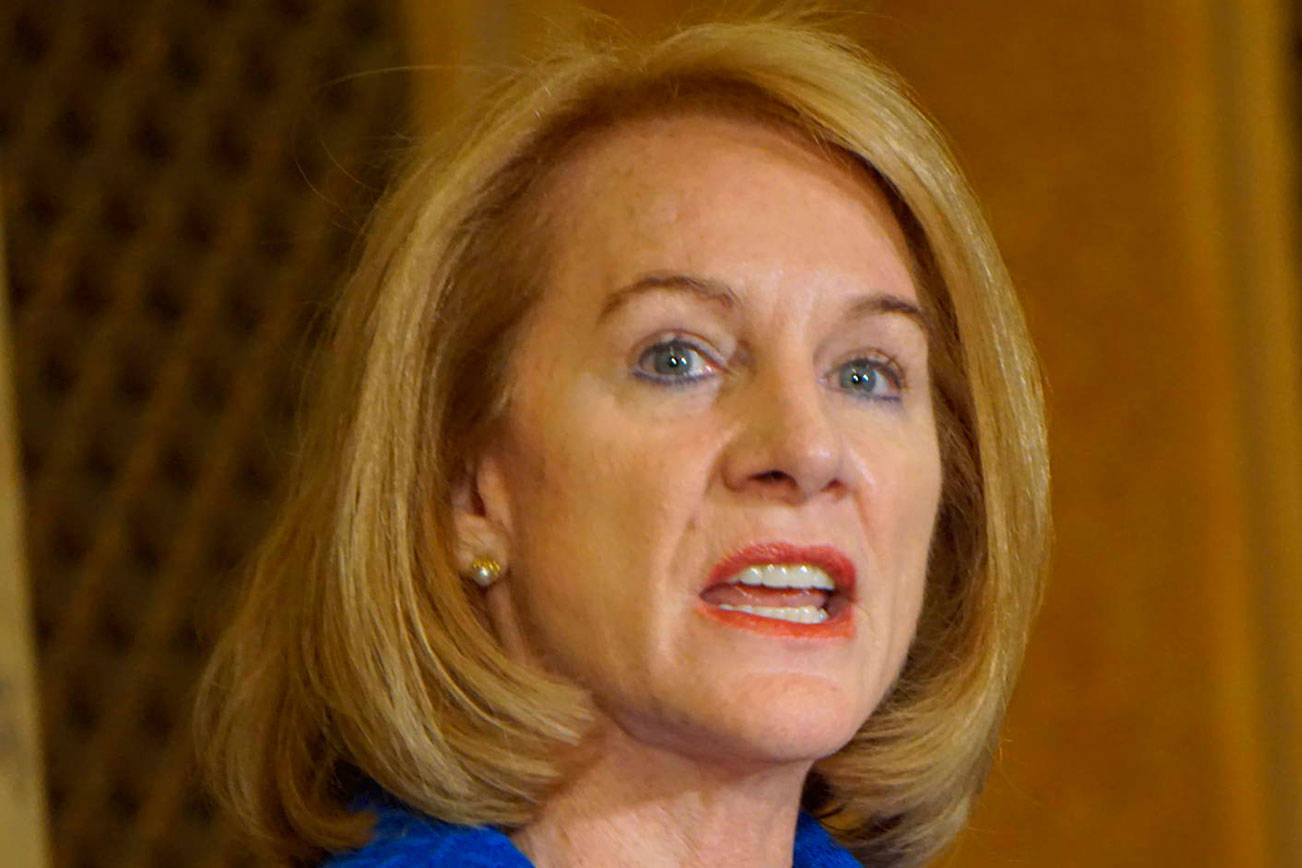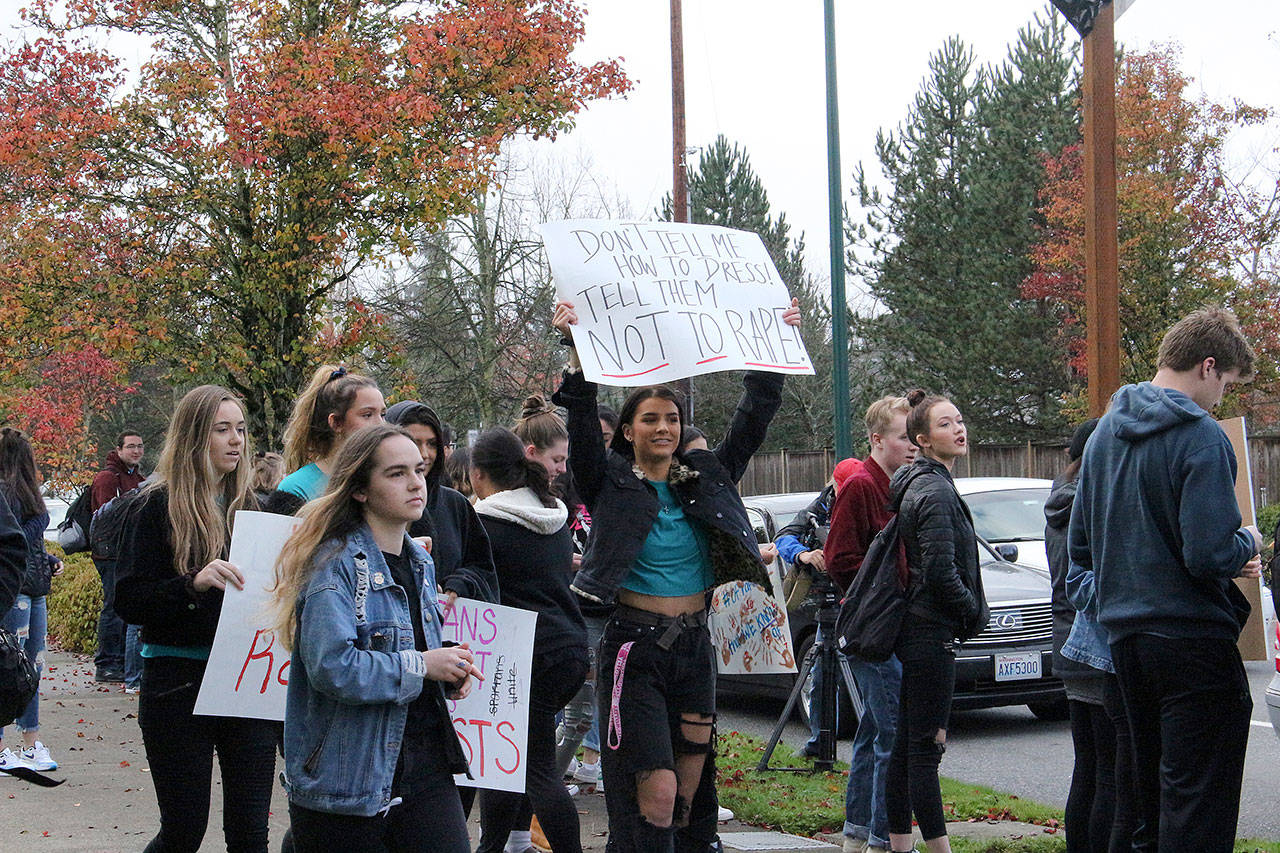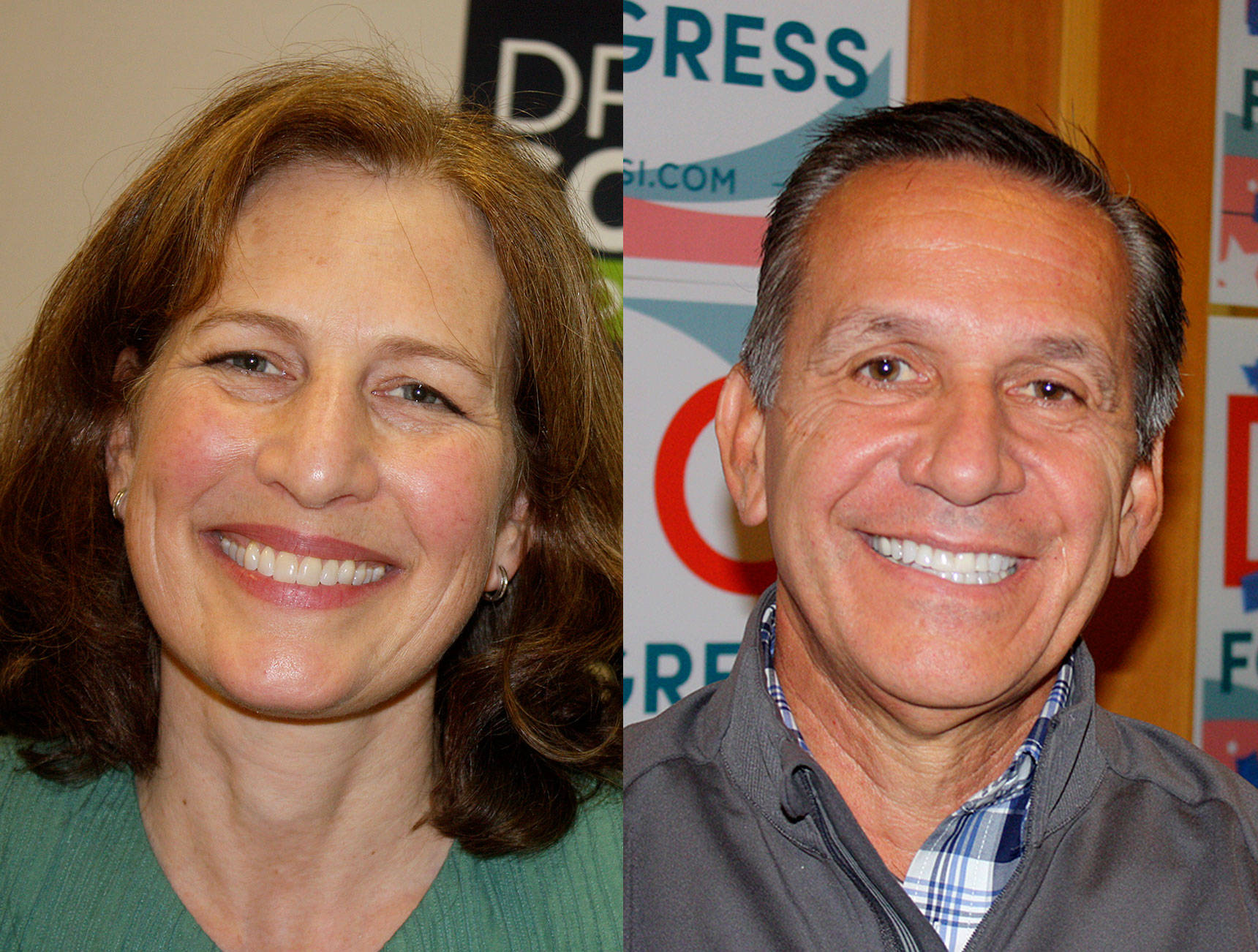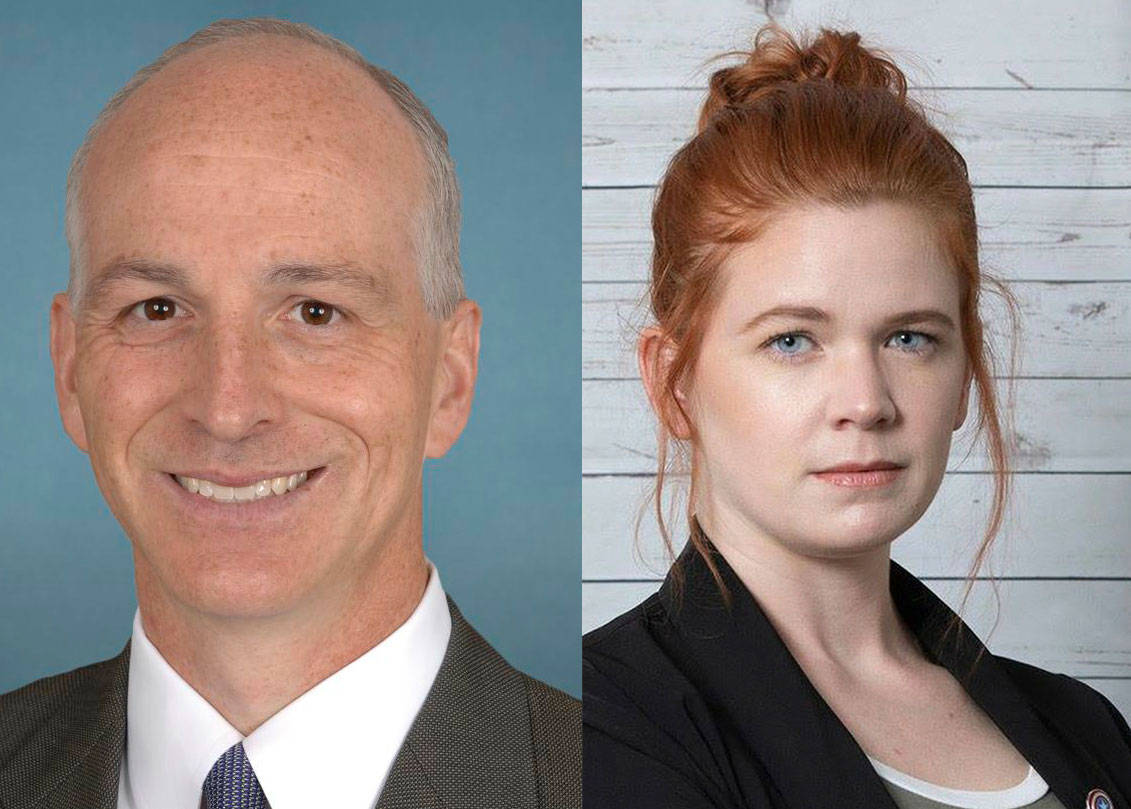A spectre is haunting Seattle—the spectre of Kshama Sawant.
Consider the April 12 Seattle Times editorial. In it, the editorial board called on Mayor Ed Murray to forgo a re-election bid. The reason: The child sexual-abuse allegations recently leveled against him make him vulnerable. “If he runs under that cloud,” the paper reasoned, “it increases the possibility of a Mayor Kshama Sawant, or some other extreme left-wing ideologue, steering this booming city wildly off course.”
This was an odd argument to make, especially since Councilmember Sawant is almost certainly not running for mayor this year. As a matter of fact, she has endorsed attorney, activist, educator, and artist Nikkita Oliver, who is running under the banner of the newly formed Peoples Party and could herself be called a “left-wing ideologue” given her anti-incarceration platform—well, by the Times’ standards, at least.
The Times could be forgiven this glaring oversight only because the councilmember has come to represent something much larger than herself. In the swell of resistance that has emerged in the 100 days since Donald Trump’s presidency began, the Socialist Alternative councilwoman, elected in 2013, now looks like a harbinger. With her support, the city passed groundbreaking legislation that implemented a citywide $15-an-hour minimum wage in 2014. She breezed to re-election in 2015. Then, democratic socialist Bernie Sanders won Washington’s March 2016 Democratic presidential primary with a landslide 72.7 percent. At the same time, polls surfaced revealing that a majority of millennials now reject capitalism.
In 2017, socialism has become anything but a dirty word in Seattle. The people-powered movements, leftist agitation, and Sawant-style politics that establishment Seattle Democrats might have previously written off as a fluke have become increasingly impossible to ignore. In fact, on a regular basis, it is literally in their faces.
“One of the corporate councilmembers, I won’t say her name, recently told an ally of ours that she hates our Red Army,” Sawant said to a packed crowd of 600 at the Seattle Socialism Conference earlier this month. “But that is in fact how we’ve been able to win—the mass pressure put on these councilmembers by our movement.” Whether or not the masses of people who have filled the Seattle City Council chambers recently to agitate against what they view as a centrist liberal establishment consider themselves socialists, democratic socialists, progressive Democrats, or even simply activists, these masses of people have, indisputably, won some very tangible gains. On a policy level, they have paused the construction of a massive police precinct, forced the city to divest from banks funding DAPL and the Keystone XL pipeline, brought racial-equity measures into Seattle schools through union strength, and put rent control into sharp focus as a solution to the city’s affordable-housing issue. Culturally, they have shifted the conversational Overton window at the city, county, and statewide level into previously forbidden terrain. Whatever they call themselves, the one thing that binds these people together is a vision of democracy that doesn’t end at the ballot box, but continues through constant organizing, collective agitation, and movement-building.
One would think the Republican president’s cartoon capitalist politics might unite this New Left with the Democratic party establishment. That’s not the case—Democratic leader Nancy Pelosi recently told college student and Democratic Socialists of America member Trevor Hill at a CNN town hall that, as far as the party goes, “we’re capitalists, that’s just how it is.”
The divide is even starker in Seattle. Independent democratic socialist Jon Grant’s City Council run and Nikkita Oliver’s Peoples Party mayoral run present Seattle voters this November with an opportunity to turn Sawant’s one-woman bully pulpit into a bona fide anti-capitalist electoral coalition. But what does this New Left want, how do they hope to achieve it, and how are they any different than Seattle’s bounty of liberals?
The following is a look at the platform of this emergent Seattle left, based on the movements that have materialized from it, the issues it’s won concrete ground on, the ideologies and strategies behind it, and its vision moving into the future—as well as a conversation with a Marxist about one of the frequent rifts within it. Even if you’re not ready to hold your copy of Das Kapital aloft and declare your devotion to the cause, there’s no denying this growing Seattle movement is pushing the city into uncharted territory. Let this be your guide. KELTON SEARS
The Platform | What Seattle’s new left wants, how they want it, and what they’ve already won.
A Marxist Critiques Identity Politics | A Q&A with Viewpoint Magazine founding editor Asad Haider on an ideology fracturing the left.
Kshama Sillies! | Three wacky adventures with Seattle’s favorite socialist.
